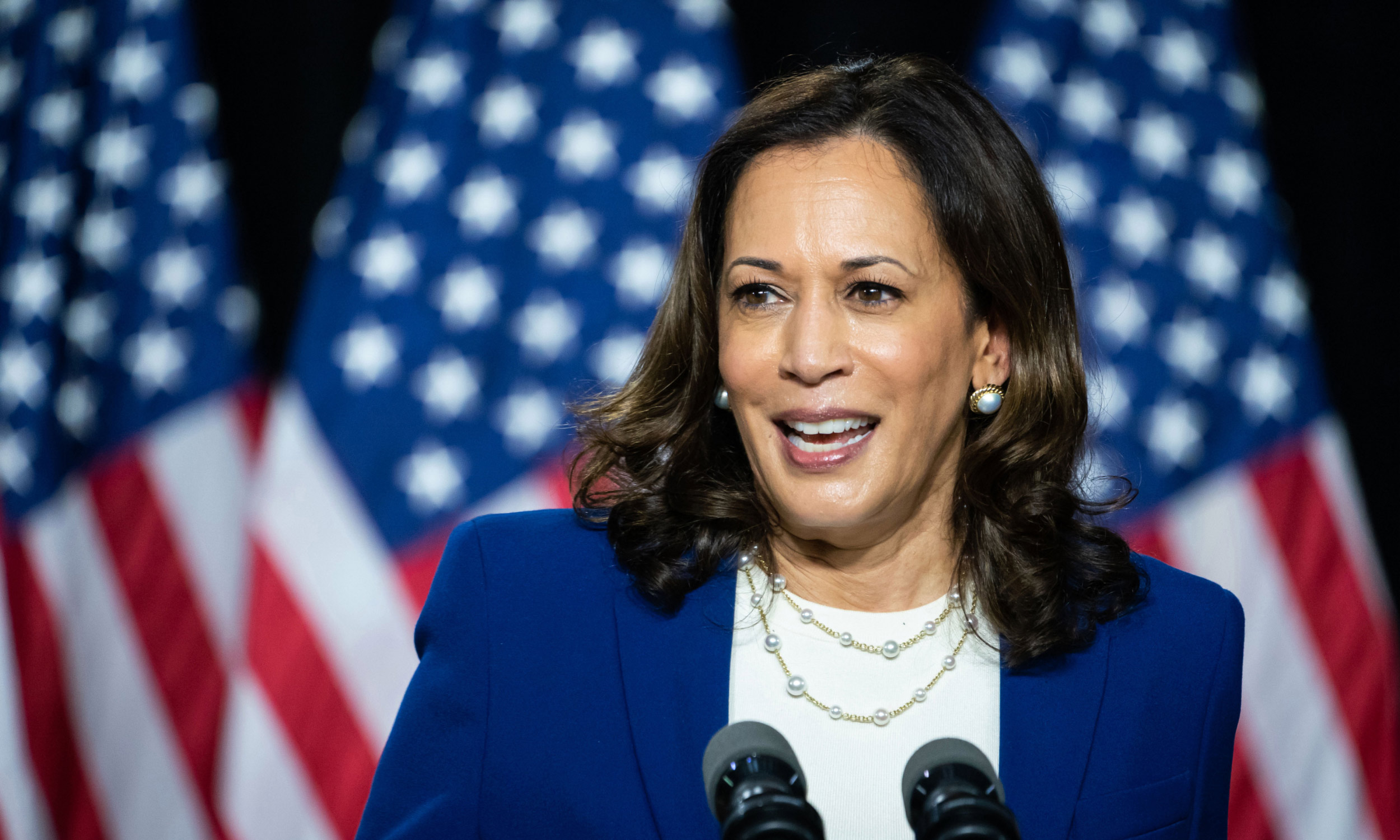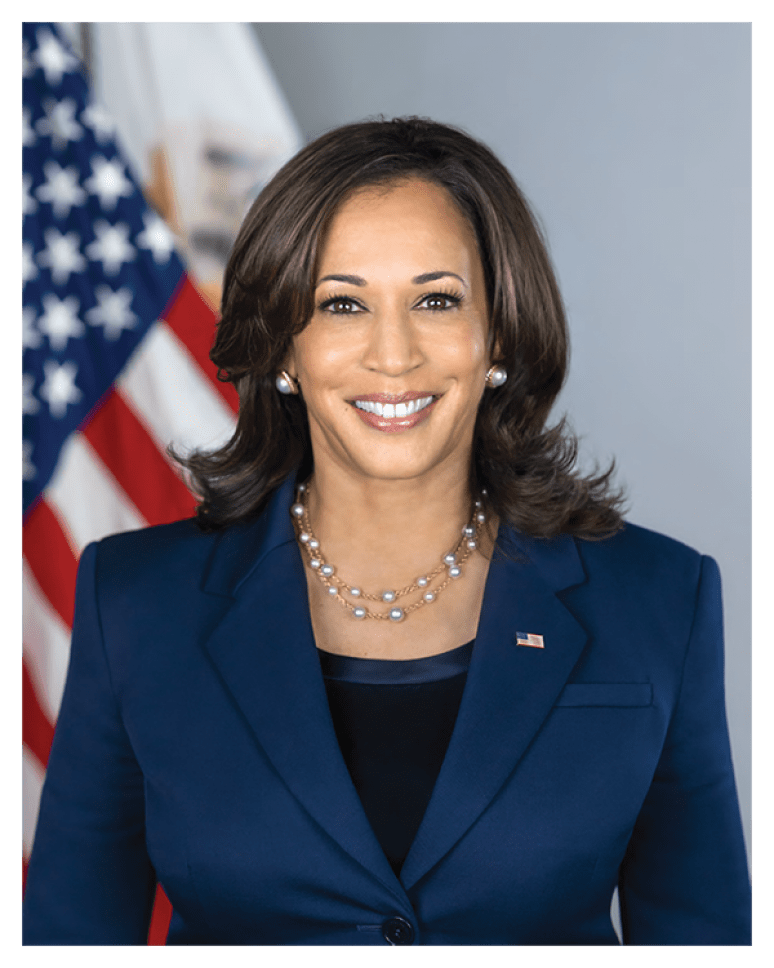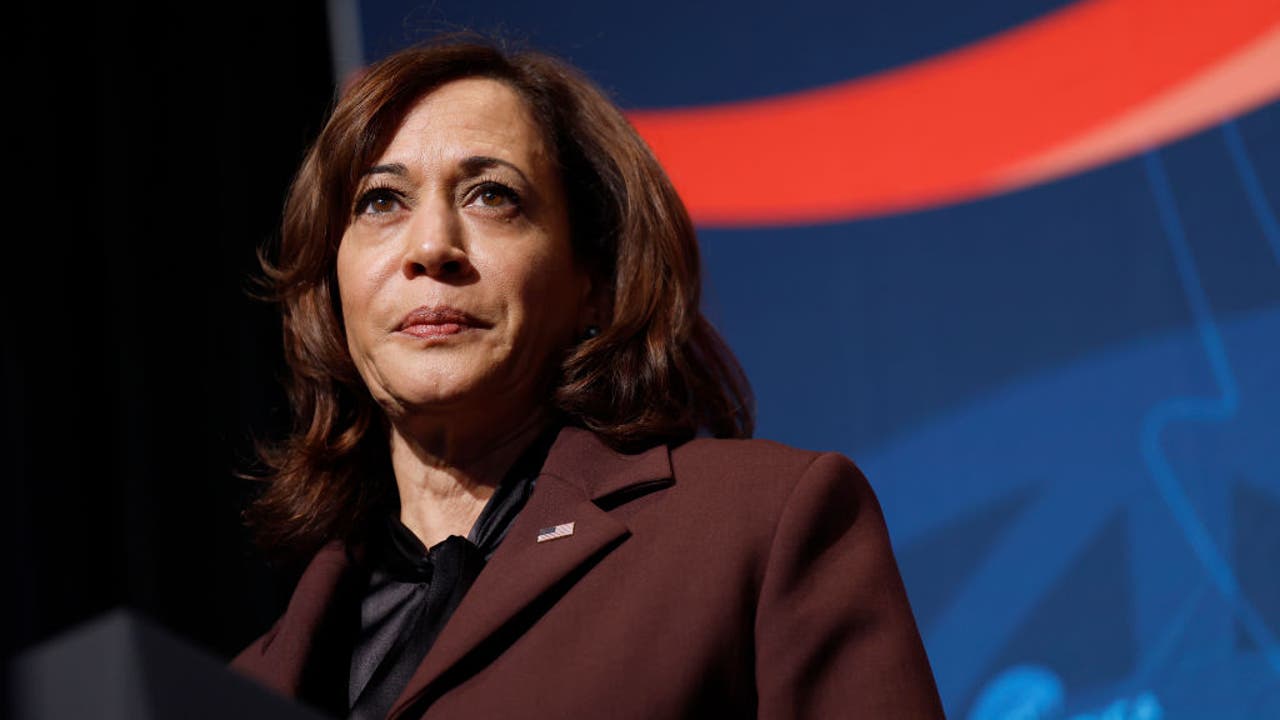Current News on Foghorn Leghorn: Kamala Harris Sparks Comparisons
In recent news, Vice President Kamala Harris has found herself at the center of a social media storm following her Labor Day rally in Detroit, Michigan. During her speech, Harris adopted what many critics described as a "new accent," which has drawn comparisons to the iconic Looney Tunes character, Foghorn Leghorn. This incident has not only sparked a wave of memes but has also reignited discussions about authenticity in political speech.
The Incident
On September 2, 2024, Harris addressed a crowd of union workers, where her altered tone and cadence were immediately noted by attendees and viewers alike. Critics quickly took to social media, likening her speech patterns to that of Foghorn Leghorn, a character known for his exaggerated Southern drawl and humorous antics. The comparisons were not just light-hearted; they reflected a deeper critique of Harris's perceived inauthenticity.
Social Media Reaction
The reaction on platforms like X (formerly Twitter) was swift and often mocking. Many users shared clips of Harris's speech alongside images and videos of Foghorn Leghorn, amplifying the narrative that her accent was a "fake" or "cringe" attempt to connect with her audience. Prominent conservative figures and commentators also joined in, further fueling the backlash.
One notable tweet from a conservative commentator read, "Kamala Harris sounds like Foghorn Leghorn! What a joke!" This sentiment was echoed by many, leading to a trending topic that dominated discussions online.

Media Coverage
Several news outlets have covered the incident extensively. Here are some highlights:
MSN reported that critics took aim at Harris for her new accent, stating, "Critics took aim at Vice President Kamala Harris for her new 'accent' she displayed at Monday's rally in Detroit, Michigan, sparking comparisons to Looney Tunes icon Foghorn Leghorn." Read more here.
Hindustan Times noted that "netizens compare her accent to that of Foghorn Leghorn," emphasizing the viral nature of the memes that followed her speech. Read more here.
New York Post highlighted that Harris was accused of using a "fake accent" during her remarks, which has become a focal point of criticism. Read more here.
MLive provided a summary of key takeaways from Harris's visit, noting that the narrative gained enough momentum on social media to warrant coverage from major news outlets. Read more here.
India Today reported on the backlash Harris faced, stating that her altered tone led to heavy trolling from Trump supporters, further solidifying the connection to Foghorn Leghorn. Read more here.
The Broader Implications
This incident raises important questions about political authenticity and the lengths to which politicians will go to connect with their constituents. Harris's attempt to resonate with union workers through a modified accent has been met with skepticism, suggesting that voters are increasingly attuned to perceived inauthenticity in political discourse.
The Role of Memes in Politics
The use of memes in political commentary has become a powerful tool for shaping public perception. In this case, the Foghorn Leghorn comparisons serve as a reminder of how quickly narratives can shift in the digital age. Memes can amplify criticism, create humor, and even influence political outcomes by shaping the way candidates are viewed by the public.

Conclusion
As the 2024 presidential race heats up, the scrutiny of candidates' speech and behavior will only intensify. Kamala Harris's recent rally in Detroit serves as a case study in the intersection of politics, social media, and cultural references. The comparisons to Foghorn Leghorn may fade, but the underlying issues of authenticity and connection in political communication will remain at the forefront of electoral discourse.
For those interested in following the ongoing conversation, you can find more information and updates on the topic through various news outlets and social media platforms. The Foghorn Leghorn meme may just be the beginning of a larger discussion about how politicians communicate in an increasingly skeptical world.





